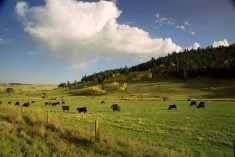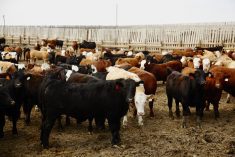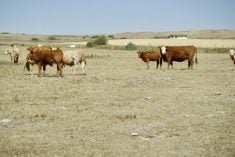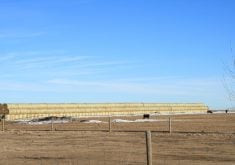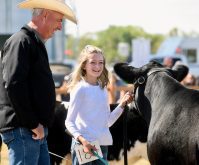It is often hard to quantify the value of our participation at international conferences as the results aren’t always immediate. But having Canada’s experience and leadership in sustainable beef production at the table during these talks is starting to move the needle on the perceptions about environmental effects of beef production and how a regional approach to these policies needs to be taken.
If we don’t show up at international discussions to share our sustainability story, our ability to produce, compete and export will suffer. We do not want to see Canadian production getting lumped in with other production systems that are less efficient with very different environmental footprints. The influence of Canadian cattle producers on these international discussions is critical to our industry’s ability to operate and thrive, so it warrants the investments of time and producer dollars. Protectionist countries will be there. Countries that regulate based on politics will be there. We need to counter those voices so those views aren’t alone in informing international rules setting, policy guidance and public sentiment.
Our industry’s young leaders have been on the move in recent weeks to take part in international policy conversations dealing with the challenges of producing more food for a growing world population while limiting environmental effects.
Read Also
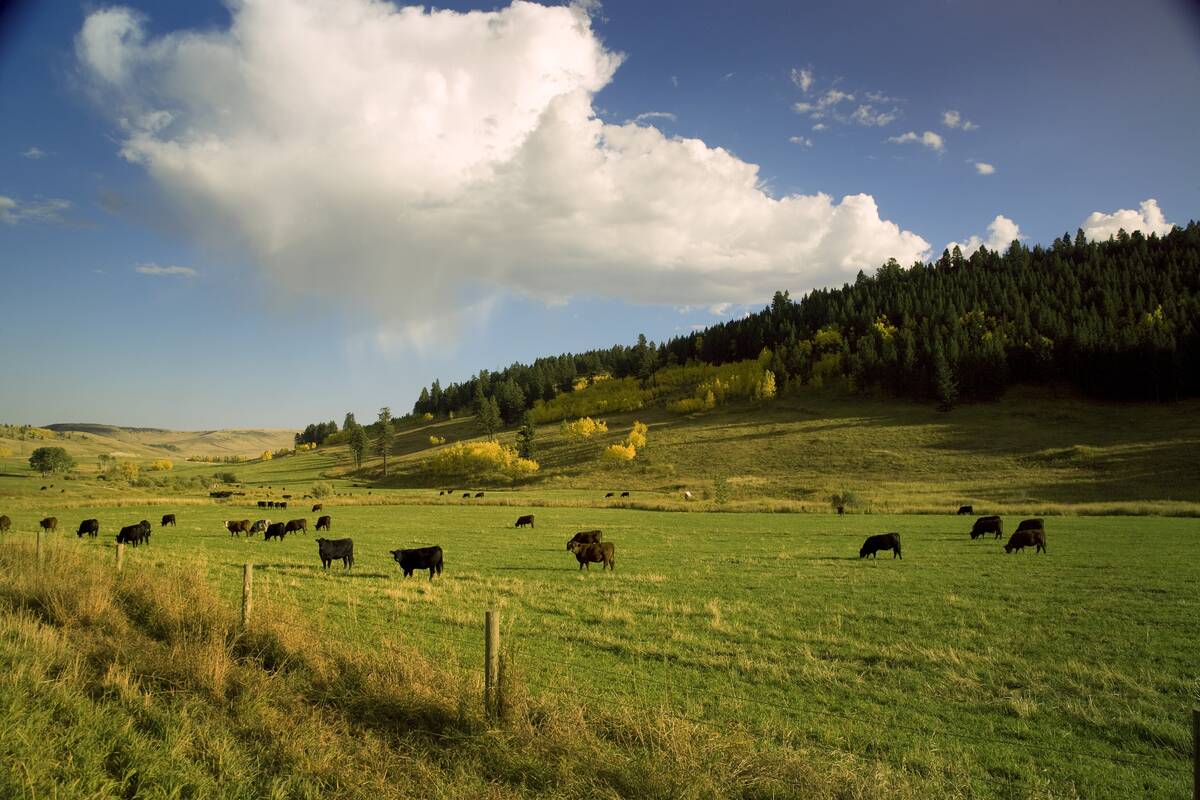
The Canadian Cattle Association’s international advocacy efforts
Global ag policies affect Canadian food policy, so the Canadian Cattle Association participates in international and domestic forums
In late September, the Canadian Cattle Association’s (CCA) Mitchell Zoratti and Daniela Lombardo travelled to Rome to attend the Food and Agriculture Organization of the United Nations’ (FAO) first-ever Global Conference on Sustainable Livestock Transformation. Remarkably, this is the first time the FAO hosted a conference focused on livestock since it was founded in 1945.
As youth delegates, Zoratti and Lombardo were selected to participate in the Global Youth Dialogue on Sustainable Livestock Transformation. This dialogue brought together participants from a variety of professional backgrounds and nationalities to discuss opportunities and solutions for empowering youth in the livestock sector. They also identified innovative and actionable solutions for sustainable livestock transformation.
The three-day dialogue wrapped up with the development of a Global Youth Statement on Sustainable Livestock Development, where the positive contribution of livestock production to ecosystem services and the environment was acknowledged while emphasizing the importance of engaging with the next generation throughout the decision-making process.
We also saw our youth leadership on the world stage in discussions concerning livestock and food systems at the World Food Forum held in Rome in mid-October. Canada’s delegation included Brodie Haugan (Alberta), a graduate of the Canadian Cattle Young Leaders (CYL) program, rancher, and Alberta Beef Producers chair as well as Jenna Sarich from both public and stakeholder engagement at CCA and the Canadian Roundtable for Sustainable Beef (CRSB), and CCA’s Jessica Radau.
The goal of the event was to serve as a global platform to bring youth together from diverse backgrounds to discuss the key theme, (agrifood systems transformation accelerates climate action), with a large focus on engaging and supporting youth. Throughout the forum, the delegation shared the important role the cattle industry plays in Canada’s climate change solution.
During the five-day forum, Haugan and Sarich presented at an “Investing in Youth in Agri-Food Systems for Accelerated Climate Action” side event. The session discussed how we can invest in youth through existing and emerging programs, innovations and technologies to reduce barriers of entry to the next generation of farmers and ranchers who will be key to advancing climate action within our global food systems.
Haugan spoke about his experience as a participant in the Canadian CYL program and how the program invested in his growth and success in the Canadian beef industry. He also discussed the importance of recognizing the ecological goods and services provided by cattle farmers and ranchers and how the benefits extend to communities across Canada.
Sarich discussed the work undertaken by the CRSB as a case study to highlight Canada’s investment in youth and science-based decision-making through the National Beef Sustainability Assessment and Strategy, guided by our industry’s ambitious 2030 goals. She demonstrated tangible actions undertaken in Canada to invest in our next generation of leaders.
Both these conferences brought a tremendous opportunity for us to highlight CCA’s work in youth development. We should be very proud of the calibre of our Canadian CYL program and the Canadian Cattle Youth Council. Our young leaders continue to make waves and gain recognition from the international community. Having such a strong Canadian youth voice at these meetings has resulted in meaningful discussions that have led to the acknowledgement of how Canada’s approach to raising beef is part of the climate change solution.
Earlier this fall, CCA was pleased to see two Canadian young leaders in the beef industry chosen to represent the North American region on the Global Agenda for Sustainable Livestock Youth Advisory Group. The advisory group is a partnership of livestock sector stakeholders including the public and private sectors, government, non-governmental organizations, academia and researchers working towards the sustainable development of the sector.
Congratulations go out to Evan Chaffe (Ontario) and Sydney Fortier (Alberta) on this prestigious appointment. This is big news as Canada fills the spots available for the North American region. Chaffe and Fortier will serve two-year terms and provide valuable input on policy matters, with a youth lens and based on their experience in the Canadian beef industry.
It’s clear that the world needs more Canadian beef, and we look forward to continuing our leadership in sustainable beef production on the world stage. Our next stop is at the United Nations Framework Convention on Climate Change (COP28) in Dubai beginning in late November, where CCA has secured official observer status. With COP28 emphasizing food systems and agriculture, CCA will be on the ground to carry the voice of Canadian cattle producers and ensure that our industry is not misrepresented.



